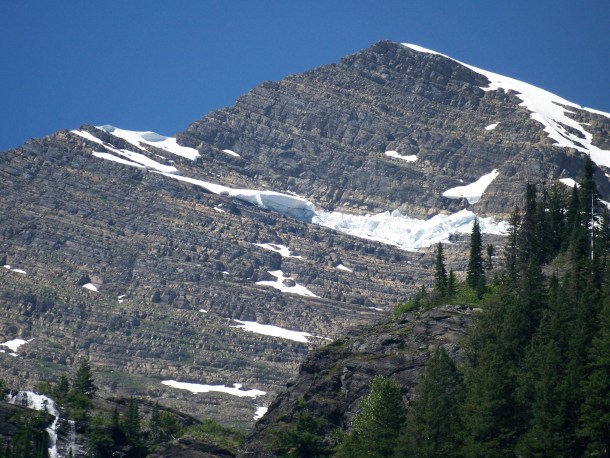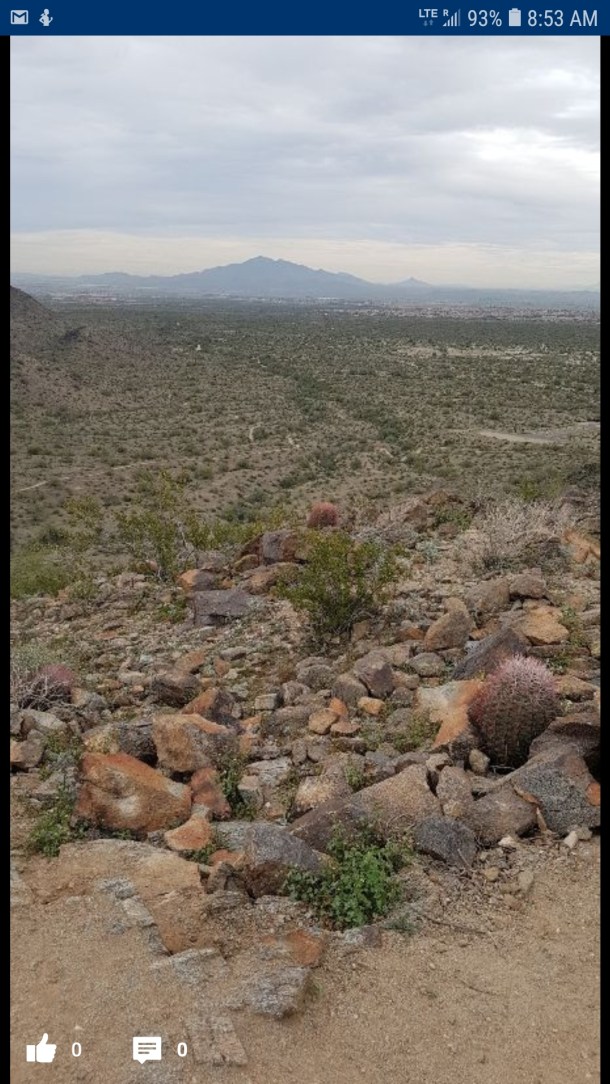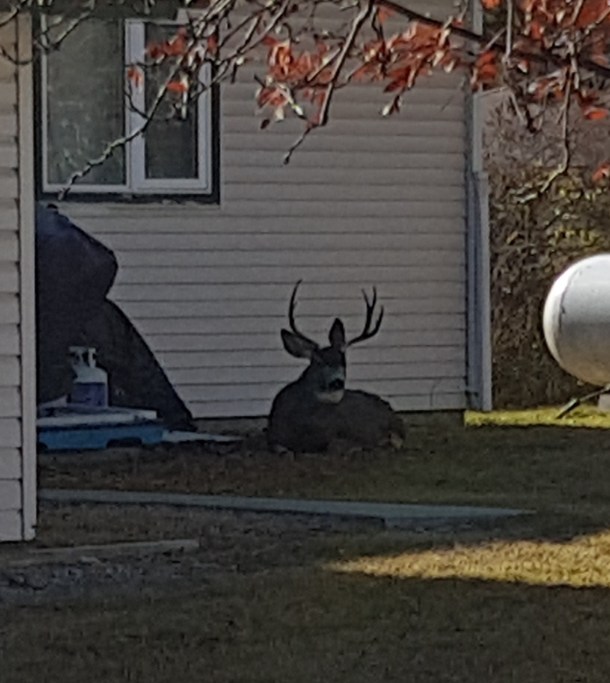via …the little bit of love that I sow now will bear fruits…
Purple Rays shared a beautiful quote from Henri Nouwen, a Catholic priest who spent his early career as an academic and shifted to L’Arche as a caregiver for disabled adults.
I recently read In the Name of Jesus: Reflections on Christian Leadership. He wrote not about leadership writ large, but about his leadership during his early years at L’Arche and how much he learned from those he was to give care.
Transitioning from one role to another is always challenging. Nouwen provides insight into the challenges how he shifted away from leadership focused on being “relevant, popular, and powerful” to leadership more aligned with servant and love for others as a shepherd caring for each member of a flock.
How do I serve others? This is an essential question in my life as I transition from teaching in a classroom and to something new and, as yet, undefined. Perhaps, more importantly, it will always remain, at best, ill-defined.

Perhaps, like the mountain, each striation will serve to help me author new stories and embrace the very mystery of the future, based on history and traditions that help me serve and be minful of the needs of others.









